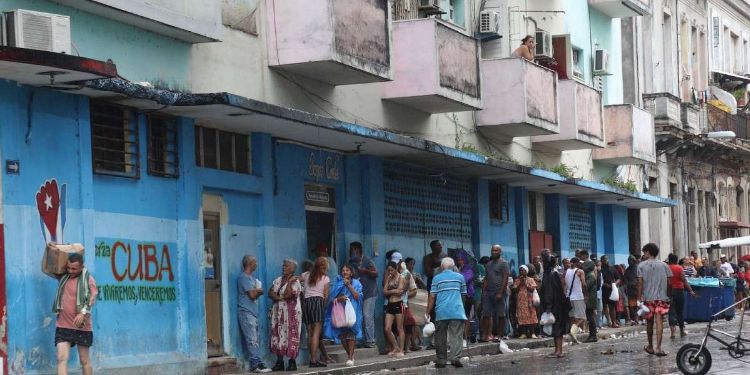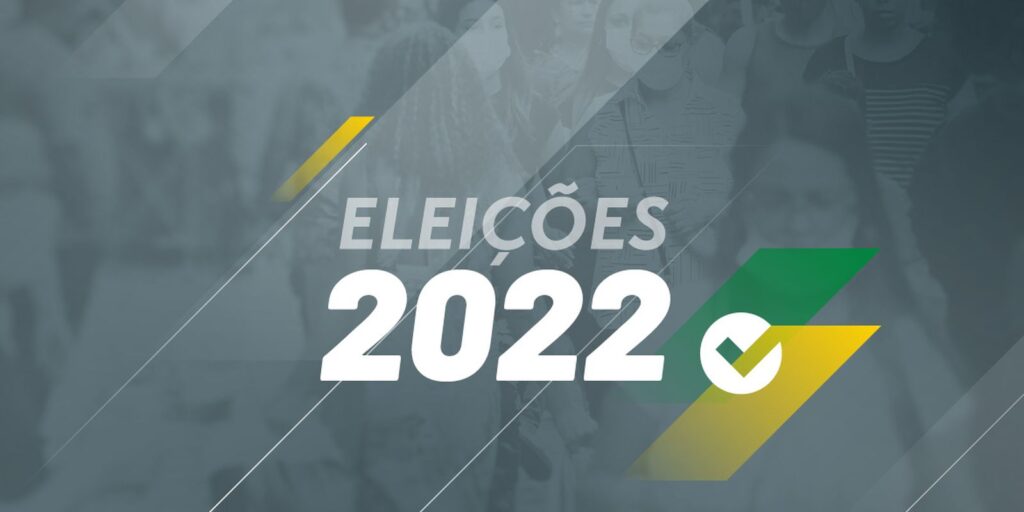Different actors are increasingly interested in the situation of education in Colombia in favor of its improvement and strengthening. In an interview with Portafolio, Andrea Escobar, executive director of Fundación Empresarios por la Educación, spoke about the challenges of the sector, the work carried out in the last 20 years and the next launch with the Great Opinion Survey on Education.
(Get to know the countries with the best offer of scholarships to study).
What does the foundation focus on?
Entrepreneurs for Education was born 20 years ago under the gaze of Nicanor Restrepo along with other entrepreneurs who reflected on the organizations they represented that carried out social projects, were interested in mobilizing, with an interest in the educational sector. They wondered how to unite as a group to move indicators that contribute ideas, that really support the national public sector. Under this gaze, Entrepreneurs for Education is born, which is a meeting point for the business community to contribute to the sector.
What companies are part of the foundation?
Today there are more than 25, among which are Alquería, Fundación Luker, Grupo Sura, Bancolombia, Argos, Nutresa, Protección, Fundación Carvajal, Frisby, Promigas, Petrochemicals, among others.
Do you work with international organizations?
Entrepreneurs for education is connected and we work as a team. We believe in collective leadership in order to transform education. We go hand in hand with unilateral organizations, with international organizations, always looking for how we can bring the best conversations and the best views for the solution.
(Universidad EAN launches new platform for acceleration of startups).
What projects are developing?
We have been working with the World Bank, developing a toolbox so that people who have projects in education can have the means to say “what is my theory of change… I want to transform, so that boys and girls learn to read better ”, however, how do we help the organization to understand what that way of transformation should be like. We are always questioning ourselves and from there the Great Opinion Survey on Education was born, in order to think about how we generate tools that allow society to make better decisions.
How was the Great Survey?
We give policymakers tools to build roads and now we give them another one that is the voice of Colombians and that also ratifies the structural problems that they have. For example, the feeling we have after the pandemic is that the socio-emotional issues of children, teachers and society in general and the loss of learning have worsened. The survey gives us the figures of the concern of at least 29 million citizens of the country over 18 years of age.
In the education sector, it is the first time that a survey of this size has been carried out, and the challenge we have set ourselves is to make it annual, proposing how the thematic axes are connected with others to complement the instruments.
Do you work with all levels of education?
The historical focus of the Foundation has been preschool, elementary and middle school, but understanding the perspective in which we have been working from a systemic vision of the educational sector, we mobilize the complete educational trajectories, putting on the table the importance from early childhood to post-media training, which is the transit of a student.
What challenges do you see in the sector?
In February we published a book called Rethinking Education: Routes and alternatives for improving educational quality. Since last year we began to notice that there is a lot of reflection on the low quality of education, but how we achieve real transformations. In the book we identify seven important factors: educational gaps, teaching quality, teacher evaluation, financing of the sector, innovation and technology of education; training for work and post-media training and school autonomy.
The view of educational quality is a sum of thematic axes, it is not a single thing and we have to start with something.
What are the priorities?
Learning should be prioritized, it is important to think about what boys and girls should learn in the classroom, giving priority to content. And it is interesting to talk about the standards that have not been touched for 16 years, to ask what is the minimum that should be learned in the classes and that could be given by skills and abilities.
How is the Foundation being financed?
We manage resources for the generation of information and content. We have the contributions that the member organizations give us through a membership. With them, we build collective agendas, these being the main source of financing.
We also have some specific projects with private organizations to improve their programs, reflections and, above all, questions so that they have better indicators to understand that their theories of change are complete.
Diana K. Rodriguez T.
BRIEFCASE

















